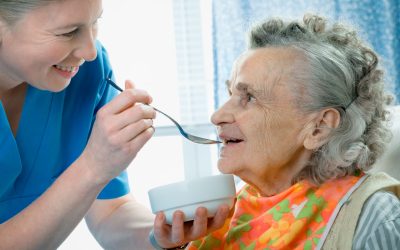When we think of drug rehabilitation and recovery centers, we usually think of hard drugs like heroin, cocaine, or meth. While it’s true that people addicted to these drugs need effective treatment that promotes long-term recovery, we often forget about alcohol addiction.
In 2015, The National Council on Alcoholism and Drug Dependence compiled some shocking data about alcohol use in the United States:
Excessive use of alcohol causes up to 88,000 deaths alone.
Thirty people die each day of alcohol-related car accidents.
3.9 million Americans were treated in 2005 for drug addiction and drug abuse, but 2.5 million of those addicts were also treated for alcoholism.
There is a huge growth in alcoholism in the 18-24 age bracket.
Thousands of children under the age of 16 have had a drink of alcohol, making them more likely to turn to alcohol in the future.
Alcohol use during teen years kills more teenagers than all other illicit drugs.
These figures alone strongly suggest a major problem in the United States. One of the reasons we often don’t think about alcohol and alcoholism when we think of drug rehabilitations centers is because drinking is considered socially acceptable. But if you do know someone struggling with alcohol dependence, you can call on the expert services of alcohol rehab facilities in Newark NJ to get some help.
Our facility, Greater Essex Counseling Services, is a long-term drug treatment facility ready to help you or your loved one recover from addiction. You can stay up to date with Blueprints for Recovery and call us today at if you want more information.
Recovering from Alcoholism
Good rehabilitation facilities understand that alcoholism is a gradual process that begins early in a person’s life—and a major part of recovery itself understands this. Full recovery certainly does not happen overnight, and a good rehab facility will approach the person seeking help as an individual with their own set of unique problems.
What to Expect
At our rehab facility, we offer the following programs to assist in long-term recovery:
12-step program.
Nutrition and cooking program designed to help drug-dependent residents get back on track with their health and learn new skills for the outside world.
Mindfulness therapy that encourages self-reflection and self-confidence.
An anger management program designed to develop new coping skills and to address some of the common symptoms of alcoholism and drug dependence.
Group therapy sessions, where people are encouraged to talk and share their feelings and experiences in a supportive environment.
Art and expression therapy to encourage emotional exploration.



